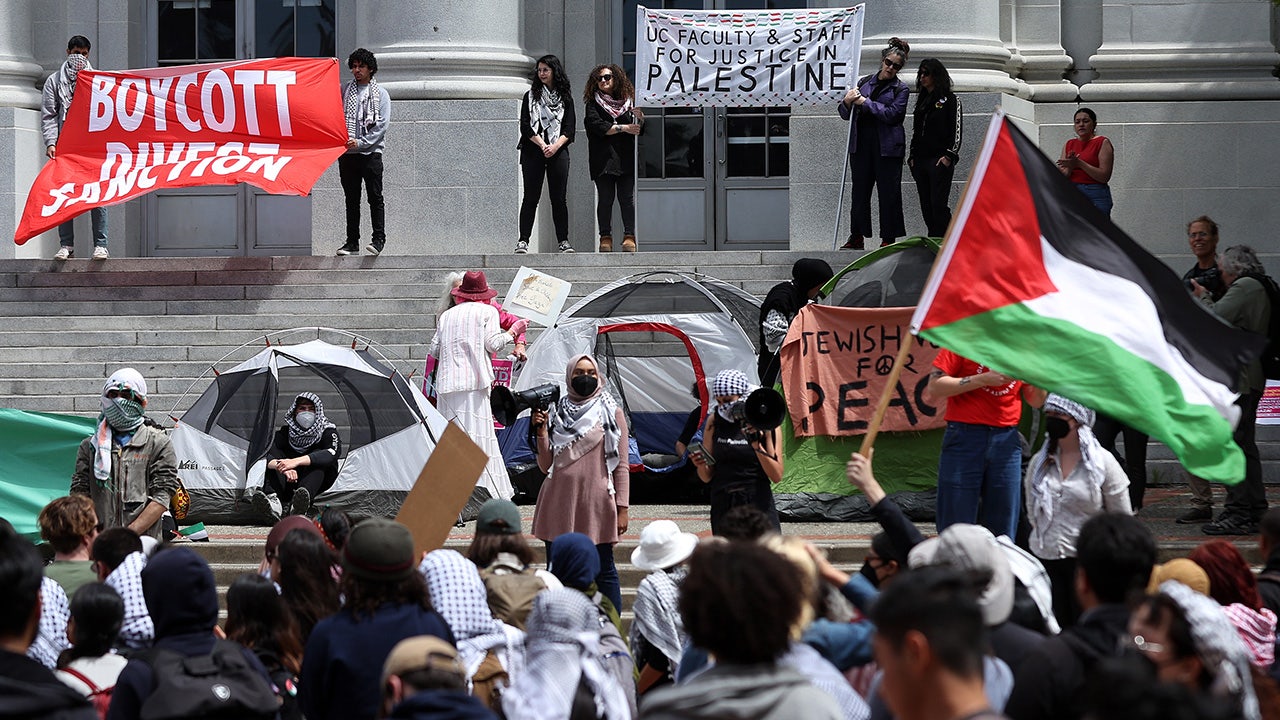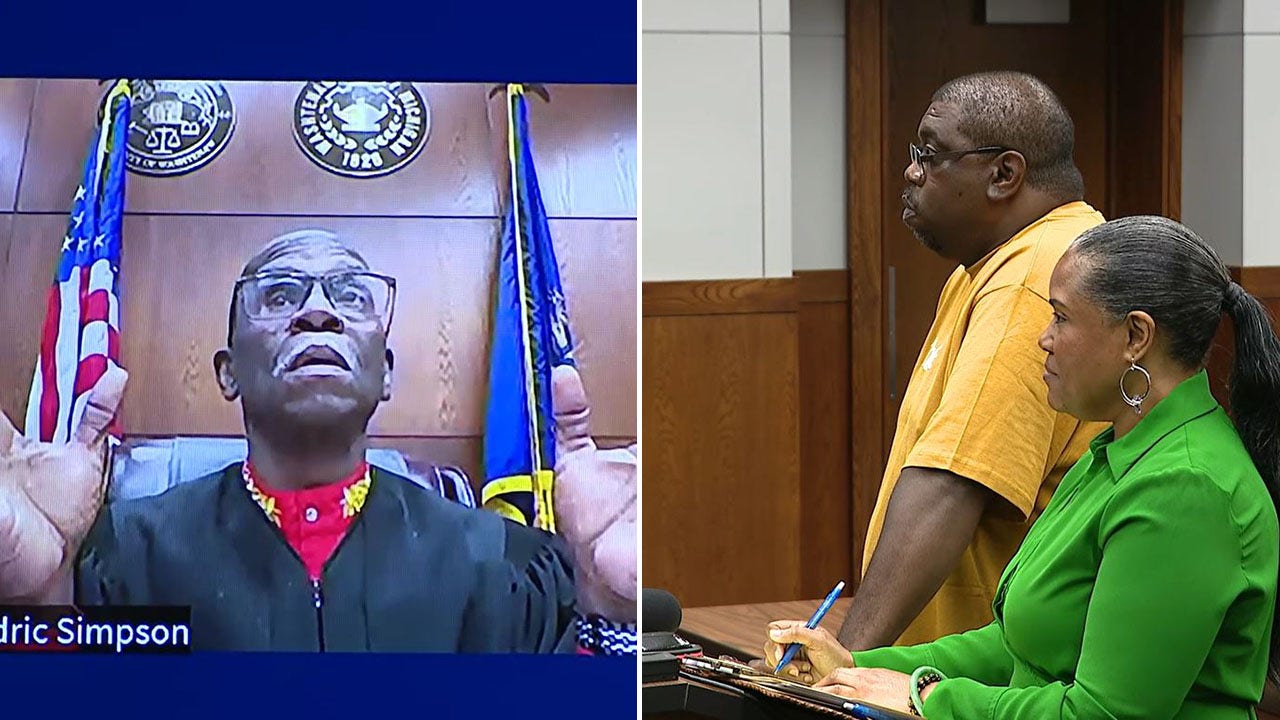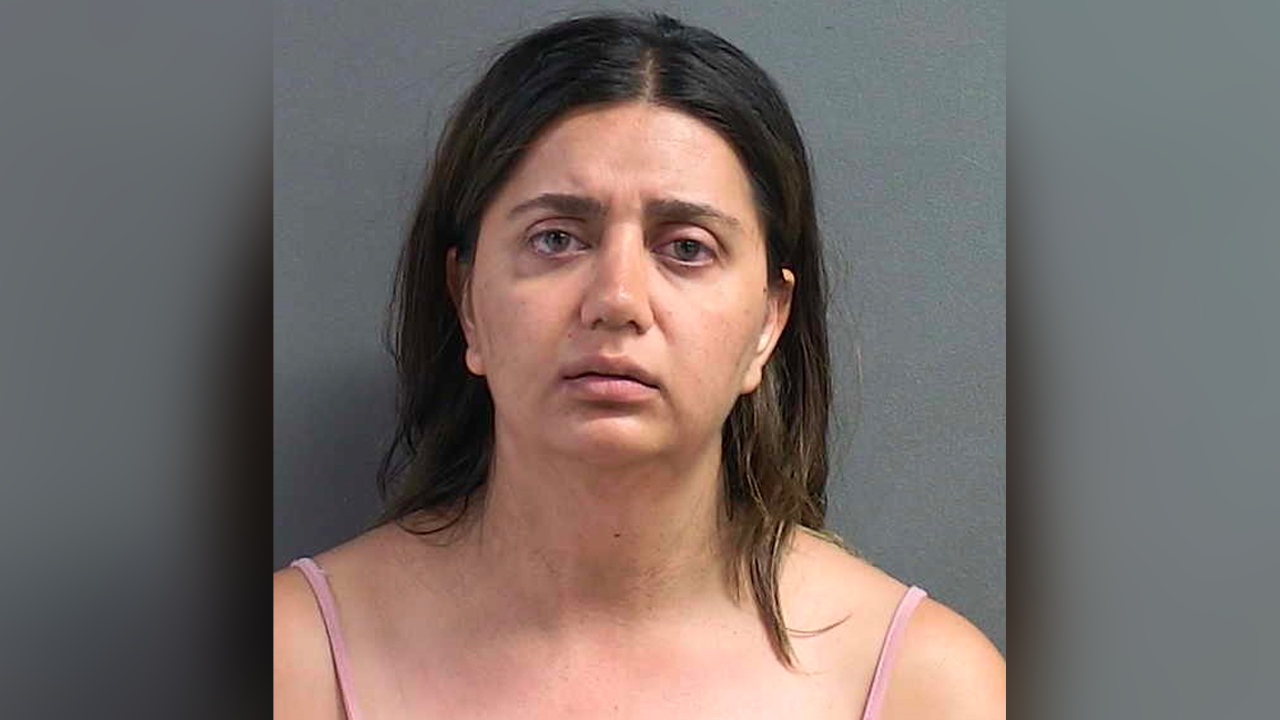President Biden will deliver a commencement speech to the graduates of Morehouse College on Sunday, an appearance that will put him directly in front of 500-plus young men who represent a slice of the electorate that is drifting away from him and toward his challenger, former President Donald J. Trump.
The commencement address at an all-male, historically Black college in Georgia, a state Mr. Biden flipped by a narrow margin four years ago, will give the president a chance to draw a character comparison between himself and Mr. Trump, as he does often, by using themes of freedom and democracy to illustrate what he believes is at stake in November.
On Saturday, Mr. Biden gave a preview of sorts to a group of supporters, many of them Morehouse alumni, shortly after his arrival in Atlanta. He told them that the election was not about two candidates but about a choice between protecting democracy and letting its ideals continue to backslide.
“It’s not about me. It’s about the alternative as well,” Mr. Biden said to the audience at Mary Mac’s Tea Room, a local business owned by a Morehouse alumnus. “My opponent’s not a good loser, but he is a loser. Our democracy’s really on the line.”
At a campaign reception shortly after, Mr. Biden warned that Mr. Trump represented an “unhinged” threat to the future of the country. “We cannot let this man become president,” he added. “We have to win this race, not for me but for America.”
After addressing Morehouse, Mr. Biden will travel to Detroit to speak at a dinner hosted by the N.A.A.C.P. A Sunday schedule that includes Air Force One hitting two battleground states in eight hours is the clearest sign yet that Mr. Biden is serious about reintroducing himself to voters who carried him to the White House in 2020 and whose support he will need to win again to stay in office.
In 2020, 95 percent of Black women and 87 percent of Black men voted for Mr. Biden, according to the Pew Research Center. But in April, only 55 percent of Black voters told Pew that they approved of his job performance. A recent poll by Ipsos and The Washington Post showed that 62 percent of Black Americans planned to vote in 2024, down from 74 percent in 2020.
So Mr. Biden entered the weekend ready to brandish his credentials.
On Friday, the president called himself “a lifetime member of the N.A.A.C.P.” and touted the number of Black doctors, engineers, teachers and dentists who have come out of historically Black colleges and universities. Then, Mr. Biden made a connection to his own track record on judicial appointments and one high-ranking office in particular: “By the way, I put more on the bench than anybody ever has. One hundred percent of Black vice presidents. You got it.”
Morehouse, which was established in Atlanta in 1867, is a school whose culture is steeped in tradition. Students spend their years working toward becoming the embodiment of the Morehouse Man: well traveled, well read and civically engaged. As the alma mater of the Rev. Dr. Martin Luther King Jr., there is also a proud history of protesting for social justice.
Mr. Biden’s visit to Morehouse has drawn the objections of some faculty members, alumni and students, who have voiced anger over the war in Gaza and the American government’s support for Israel’s role in it. The tension has drawn so much attention that the school’s president, David A. Thomas, has publicly warned that he will stop the commencement if graduates shout at the president or disrupt the event.
In an interview with CNN on Thursday, Mr. Thomas said that forms of “silent protest” would be allowed, “as long as you don’t conduct yourselves in a way that deprives others from being able to participate, consume and celebrate this moment.”
For months, Mr. Biden and his advisers have discussed how to increase his popularity among Black men. Some Morehouse students and alumni have warned him in recent weeks that the commencement ceremony is not the place to try to score political points. But others want to hear him explain the decisions, including over Gaza, that they feel are behind low approval ratings and a growing sense of disengagement.
“I’m hoping that the president will do his due diligence and address the elephant in the room,” said Patrick A. Jackson, a 2011 Morehouse graduate who said he would be watching the president’s speech closely. “Like saying, ‘This is not easy, but this is why I’m here and this is what I hope for.’”






